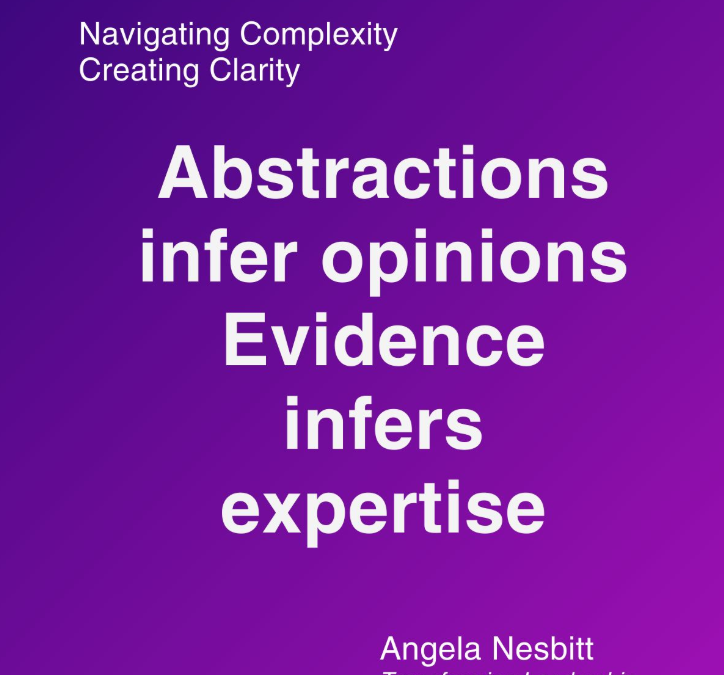I recently listened to a debate hosted by Steven Bartlett on The Diary of a CEO podcast. The guests were serial entrepreneur Daniel Priestley and economist and former financial trader Gary Stevenson. Dan made his wealth building tech businesses, Gary, by trading derivatives
Despite their differences, all three agreed that income disparity in the UK, the US, and across the Western world is widening — shrinking the middle class, deepening poverty, and destabilising society. This inequality reduces purchasing power and undermines the broader economic system
Those who feel shut out of prosperity often vote according to cultural narratives — blaming the government in the US, the rich in the UK
I was curious to hear what solutions would be offered from economic and business perspectives
Gary spoke passionately about the lived experience of poverty — the toll on physical and mental health, the erosion of hope. His words stirred my conscience. He argued that the economic system is not just unfair but fundamentally broken and must change to give working-class people a fair shot at upward mobility. His calls for higher taxes on the ultra-wealthy and more public investment in housing are measures that worked in 1950s Britain but no longer apply in today’s globalised economy
While emotionally compelling, Gary’s ideas remained abstract — rallying cries to “fight” and “change the system” rather than specific, actionable policies
Dan, by contrast, didn’t dispute the problem but responded with pragmatism. He grounded his arguments in present-day realities. Modern wealth is increasingly created through intangibles, with technology as the accelerator. In a hyper-mobile digital economy, capital and income flow freely across borders in search of better returns. A person’s residence, customer base, and business can all exist in different tax regimes — and be changed in a matter of days to a more favourable jurisdiction. Tax loopholes allow major corporations to shift profits to low-tax countries, reducing their tax obligations at the expense of public revenues in the countries where they operate
I was disappointed not to hear more concrete solutions from an economic perspective, but Dan’s pragmatism underscored the complexity of the challenge
I do not envy those setting tax policy who aim to raise living standards in such a fast-moving landscape
We all crave simplicity. But simplicity beyond usefulness is misleading
For those of us who want to create impact, it’s tempting to be moved by big ideas and emotional appeals. But abstractions are not a substitute for evidence. They do not make solutions
At a political level, phrases like Make America Great Again let everyone fill in the blanks with their own meaning. No clarity. No commitment. No solution
Abstractions stir emotion. Real solutions demand the patience to hold complexity and the discipline to follow evidence
At the end of the day, abstractions infer opinions; evidence infers expertise.
Despite their differences, all three agreed that income disparity in the UK, the US, and across the Western world is widening — shrinking the middle class, deepening poverty, and destabilising society. This inequality reduces purchasing power and undermines the broader economic system
Those who feel shut out of prosperity often vote according to cultural narratives — blaming the government in the US, the rich in the UK
I was curious to hear what solutions would be offered from economic and business perspectives
Gary spoke passionately about the lived experience of poverty — the toll on physical and mental health, the erosion of hope. His words stirred my conscience. He argued that the economic system is not just unfair but fundamentally broken and must change to give working-class people a fair shot at upward mobility. His calls for higher taxes on the ultra-wealthy and more public investment in housing are measures that worked in 1950s Britain but no longer apply in today’s globalised economy
While emotionally compelling, Gary’s ideas remained abstract — rallying cries to “fight” and “change the system” rather than specific, actionable policies
Dan, by contrast, didn’t dispute the problem but responded with pragmatism. He grounded his arguments in present-day realities. Modern wealth is increasingly created through intangibles, with technology as the accelerator. In a hyper-mobile digital economy, capital and income flow freely across borders in search of better returns. A person’s residence, customer base, and business can all exist in different tax regimes — and be changed in a matter of days to a more favourable jurisdiction. Tax loopholes allow major corporations to shift profits to low-tax countries, reducing their tax obligations at the expense of public revenues in the countries where they operate
I was disappointed not to hear more concrete solutions from an economic perspective, but Dan’s pragmatism underscored the complexity of the challenge
I do not envy those setting tax policy who aim to raise living standards in such a fast-moving landscape
We all crave simplicity. But simplicity beyond usefulness is misleading
For those of us who want to create impact, it’s tempting to be moved by big ideas and emotional appeals. But abstractions are not a substitute for evidence. They do not make solutions
At a political level, phrases like Make America Great Again let everyone fill in the blanks with their own meaning. No clarity. No commitment. No solution
Abstractions stir emotion. Real solutions demand the patience to hold complexity and the discipline to follow evidence
At the end of the day, abstractions infer opinions; evidence infers expertise.
